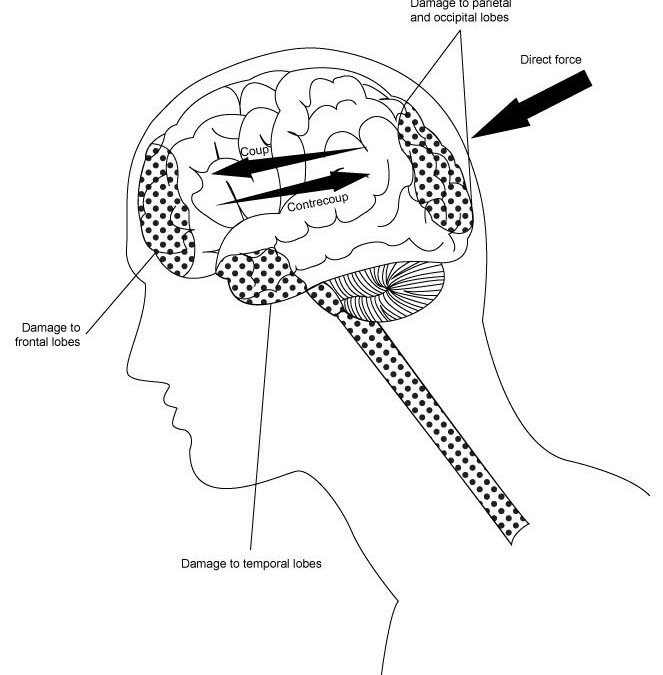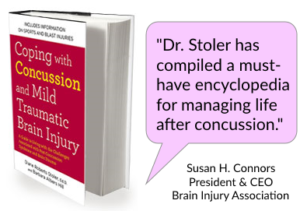National Concussion Awareness Day® is observed annually on the third Friday of September. This is an opportunity for health care practitioners, teachers, coaches and parents to connect and discuss baseline testing, signs and symptoms and the social and emotional issues that can result from concussion. It is important to raise awareness about recognizing a concussion and treating it appropriately. A concussion is a mild traumatic brain injury and should be taken seriously. Being told to “shake off” or “play through” a bump or blow to the head can have serious consequences.
Do you know the signs & symptoms of concussion?
- 9 out of 10 adults in the US can’t correctly define a concussion.
- Up to 50% of concussions go undiagnosed and untreated.
- A concussion is a mild traumatic brain injury.
- You don’t have to lose consciousness to have a concussion.
- Returning to situations where an injured person potentially faces another blow to the head before a concussion fully heals can result in “Second Impact Syndrome” which can be serious and potentially life threatening.
Learn More About Concussion and Treatment Options
Know the signs and symptoms and what to do in the event of a concussion. Get “Coping with Concussion and Mild Traumatic Brain Injury“, the book that explains it all.
Concussion Symptoms
Concussion symptoms and signs are not always obvious or experienced immediately, However, some people experience no ill effects, however, others experience long-term physical, cognitive, and emotional symptoms.
Common concussion signs and symptoms include:
- Feeling disoriented and confused
- Memory loss
- Blurred vision
- Appearing dazed
- Dizziness
- Temporary loss of consciousness
- Delayed response to questions
- Slurred speech and “seeing stars”.
While these side effects often resolve shortly after the impact, however some might experience nausea, vomiting, headache, dizziness and fatigue several hours after the impact or injury took place.
Every thirteen seconds, a concussion/mild traumatic brain injury happens somewhere in the world, whether it’s from an automobile accident assault, fall, blast injury, or sports collision. Unfortunately, many of those affected will suffer post concussion syndrome (PCS), which consists of chronic fatigue, headaches, depression, memory issues, sleep problems, and post traumatic stress disorder (PTSD) that can last for years. In Coping with Concussion and Mild Traumatic Brain Injury, Dr. Diane® sets out to cover every aspect of this often mystifying condition drawing from her personal experience as a brain injury survivor and her professional experience as a neuropsychologist and board certified health psychologist.
Using clear, easy-to-understand language, Dr. Diane® Roberts Stoler and Barbara Albers Hill explain the most common physical, mental, and psychological symptoms of brain injury and offer practical suggestions for dealing with each problem.
Complete with traditional, complementary, and alternative treatment options, suggestions for overcoming obstacles, and advice on financial matters, Coping with Concussion and Mild Traumatic Brain Injury is a lifeline for patients, families, and other caregivers.




